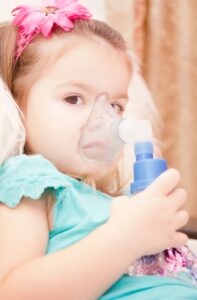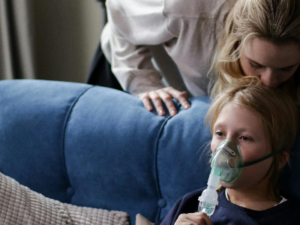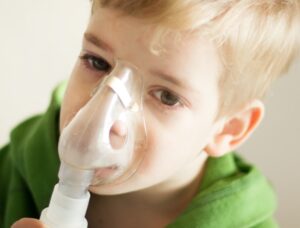Preventing childhood asthma involves more than just diet; home environment and lifestyle habits also play crucial roles. Here are some suggestions:
- Adjusting Lifestyle Habits:
Ensuring an adequate amount of sleep is crucial; never let children stay up late! Irregular sleep patterns for just a few days can easily trigger asthma attacks.
- Managing Stress:
Stress can trigger asthma symptoms. Help children manage stress through various methods.
- Avoiding Colds:
Colds are also a significant factor in triggering asthma. Therefore, maintaining normal diet and lifestyle habits to reduce the chance of catching a cold can help reduce the frequency of attacks.
- Avoiding Inhalation of Cold Air:
It is also essential to avoid inhaling cold air. For example, in winter, when getting up, you can apply a warm towel to your child's face so that they do not immediately come into contact with dry, cold air. When going out, wearing a mask and avoiding quickly inhaling cold air can be very helpful.
- Monitoring Air Quality:
Pay attention to outdoor air quality, especially on heavily polluted days. Keep windows closed and consider using an air purifier indoors.
- Promoting Good Hygiene Habits:
Encouraging regular handwashing to prevent respiratory infections, which can trigger asthma symptoms.
- Moderate Exercise:
Exercise is also important and can help improve physical fitness. Many people mistakenly believe that children with asthma cannot exercise, which is not true. Swimming, for example, is gentle on the respiratory system and the air inhaled is less likely to irritate the airways. However, the relationship between chlorine used in swimming pool disinfection and asthma seems to be controversial in recent years. Whether it can provide completely positive help to asthma depends on individual constitution. However, relatively speaking, outdoor swimming pools are better than indoor swimming pools, as the oxygen concentration in indoor swimming pools can be lower. If symptoms worsen after swimming for a while, please stop immediately.
By incorporating these lifestyle habits into your child's routine, you can help reduce the risk of developing asthma and manage asthma symptoms effectively.













